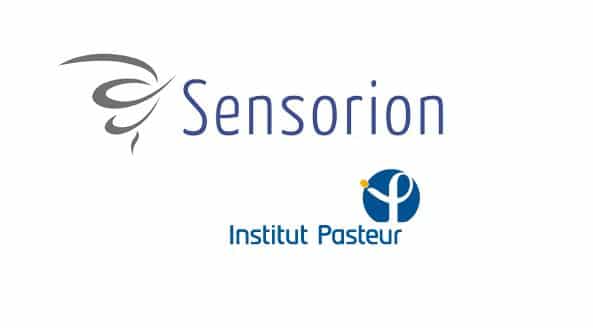MONTPELLIER, FRANCE — French biotech firm Sensorion has announced the signature of a research partnership framework agreement with Institut Pasteur (Paris) granting to Sensorion an option to obtain exclusive licenses to develop and market drug candidates in gene therapy coming from collaborative projects, for the restoration, treatment and prevention of hearing disorders.
In accordance with the letter of intent announced the 23rd of November 2018, Sensorion and Institut Pasteur have leveraged the last six months to reach a partnership framework agreement. This agreement provides for, after completion of a research program, an exclusive option to obtain licences.
Developing Gene Therapy Treatments for Hearing Loss
The terms of the licences are predefined for two specific programs aiming at correcting hereditary monogenic forms of deafness including Usher Type 1 and deafness caused by a mutation of the gene encoding Otoferlin.
As for the other projects in the field of hereditary monogenic forms of deafness, the terms of the licences will be negotiated in light of the results of the research programs. Lastly, Sensorion has preference rights on Institut Pasteur’s research programs in the field of genetic inner ear diseases in order to set up collaborations.
In the event of a change of control of Sensorion that has not been approved by the Sensorion Board of Directors, Institut Pasteur has the right to terminate the partnership framework agreement.
“I am particularly pleased by this agreement signed between Institut Pasteur and Sensorion. It will allow us to transform our scientific progress into innovations for the benefit of patients, whether it is by contributing to create new diagnostic tools, improving patients’ healthcare pathway or developing curative treatments for hearing disorders”
–Christine Petit, MD, PhD.
The Genetics and Physiology of the Hearing Unit of Institut Pasteur, led by Professor Christine Petit, has developed world-class expertise over the last 25 years in the molecular physiology and physiopathology of the hearing system. Recent advances have led to the development of gene therapy programs to treat monogenic form of inner ear diseases.
Researchers, including the Institut Pasteur team, have managed to restore hearing in a mouse model of DFNB9 (Otoferlin) deafness, a hearing disorder that is one of the most common cases of congenital genetic deafness. This work was published in a prestigious scientific journal1.
“This agreement confirms Sensorion’s strategic relationship with the internationally renowned scientists from Institut Pasteur and I am very pleased about this. This is a great milestone for Sensorion, that enables us to develop the broadest pipeline with therapeutic solutions to Prevent, Treat and Restore inner ear diseases. In addition to the two drug candidates in development, SENS- 111 and SENS-401, we are now adding innovative drug candidates in gene therapy allowing us to offer relevant medical solutions to treat disabling inner ear diseases”
—Nawal Ouzren, Sensorion CEO
Reference:
1. Dual AAV-mediated gene therapy restores hearing in a DFNB9 mouse model. PNAS 2019 116 (10): 4496- 450 Akil O., Dyka, Calvet C., Emptoz A., Lahlou G, Nouaille S, Boutet de Monvel J., Hardelin JP., Hauswirth W., Avan P., Petit C, Safieddine S., and Lustig L.
Source: Sensorion, Institut Pasteur






